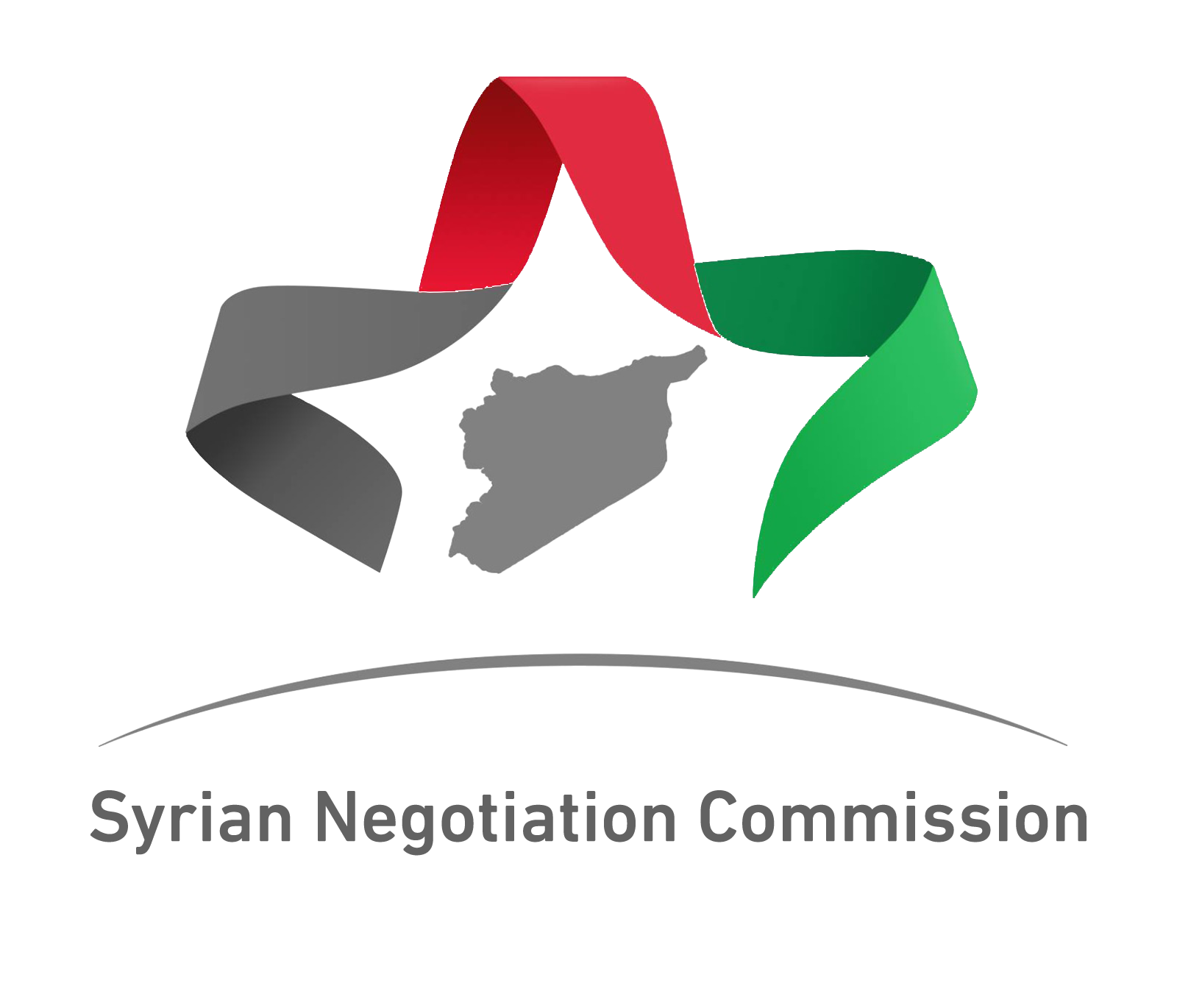SNC Elections Committee
During the fourth round of Geneva negotiations on Syria held between 23 February and 3 March 2017 in the UN headquarters in Geneva, Switzerland, the UN Special Envoy to Syria, Mr. Staffan De Mistura, proposed a four-basket approach as an implementation mechanism for UNSCR 2254 (2015).
In December 2017, the Syrian Negotiation Commission formed committees in furtherance of those baskets including the elections committee which has undertaken many tasks concerning all requirements to hold inclusive, free and fair elections with international monitoring after introducing a new constitution for Syria.
The elections committee consists of 7 members who constitute the committee’s political team. They represent SNC’s seven components:
1. | Syrian National Coalition | Abdulahad Astepho (Coordinator) |
2. | National Coordination Body | Ahmad al-Israwi |
3. | Cairo Platform | Nidal al-Hasan |
4. | Moscow Platform | Fahed Hasan |
5. | Kurdish National Council | Moaz Yosuf |
6. | Factions | Mohammad Yaser Dalwan |
7. | Independents | Abdul Jabbar al-Akidi |
In addition to the political team, the elections committee comprises more than 25 advisors, professionals and technical experts who provide support for the committee.
The SNC elections committee works on developing SNC’s principles on this issue including the constitutional texts drafter by the Constitutional Committee as well as reviewing international frames of reference relevant to the Syrian political process particularly Geneva Communique, UNSCRs 2254 and 2118, the 12 fundamental living principles for Syrian parties among others.
Further, the committee embarks on preparing papers, research and dossiers related to the content and texts related to all levels of the electoral process at the presidential, legislative or local levels. The committee supports the Constitutional Committee by working on constitutional content and texts related to the electoral processes.
In addition, the elections committee holds workshops and capacity building courses for SNC’s political components and reaches out to various states to learn from their electoral experiences. It also collaborates with civil society organizations that are actively working on the question of elections and reviews all the laws related to elections such as the political parties’ law, elections law and the civil code.
